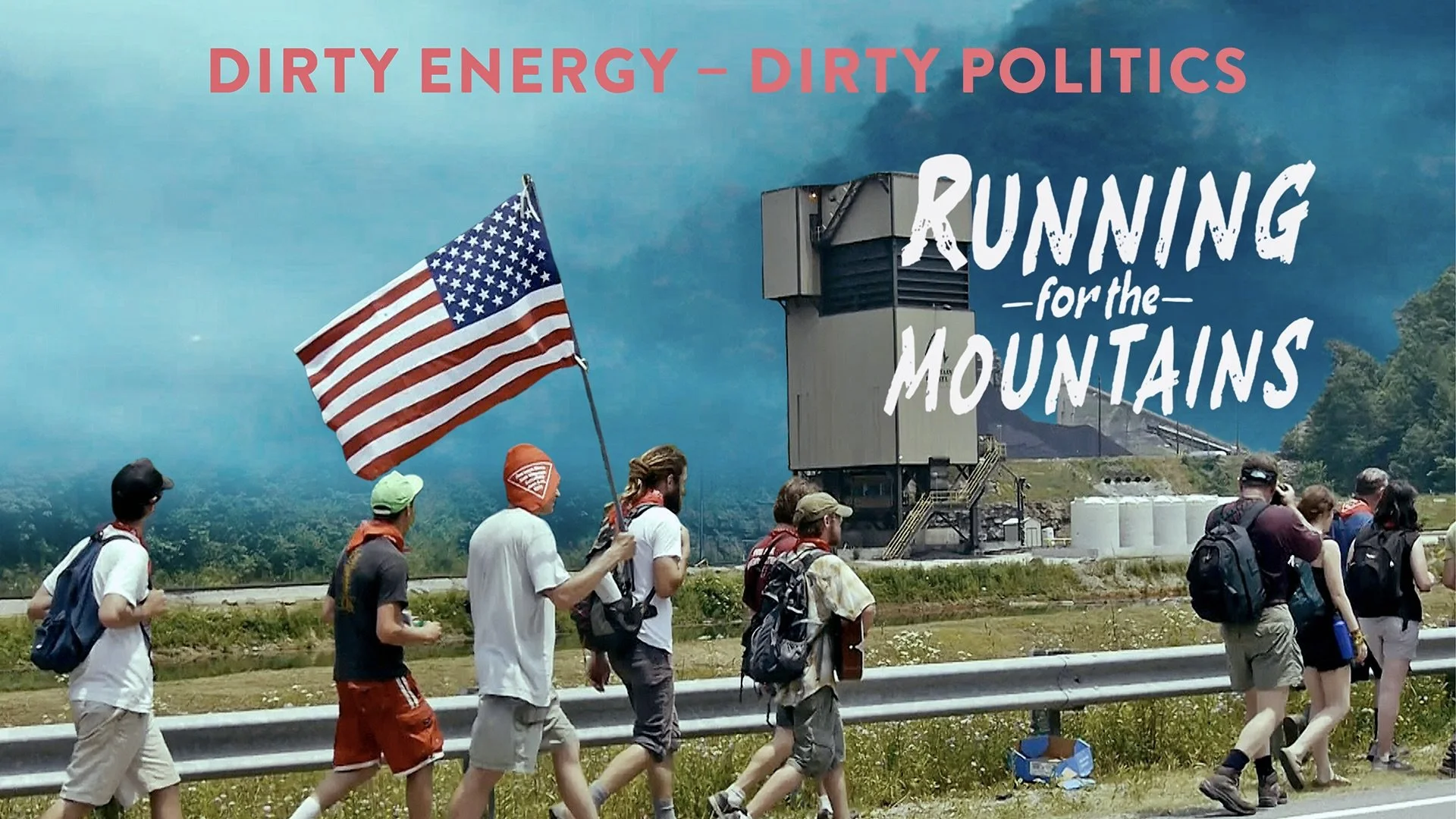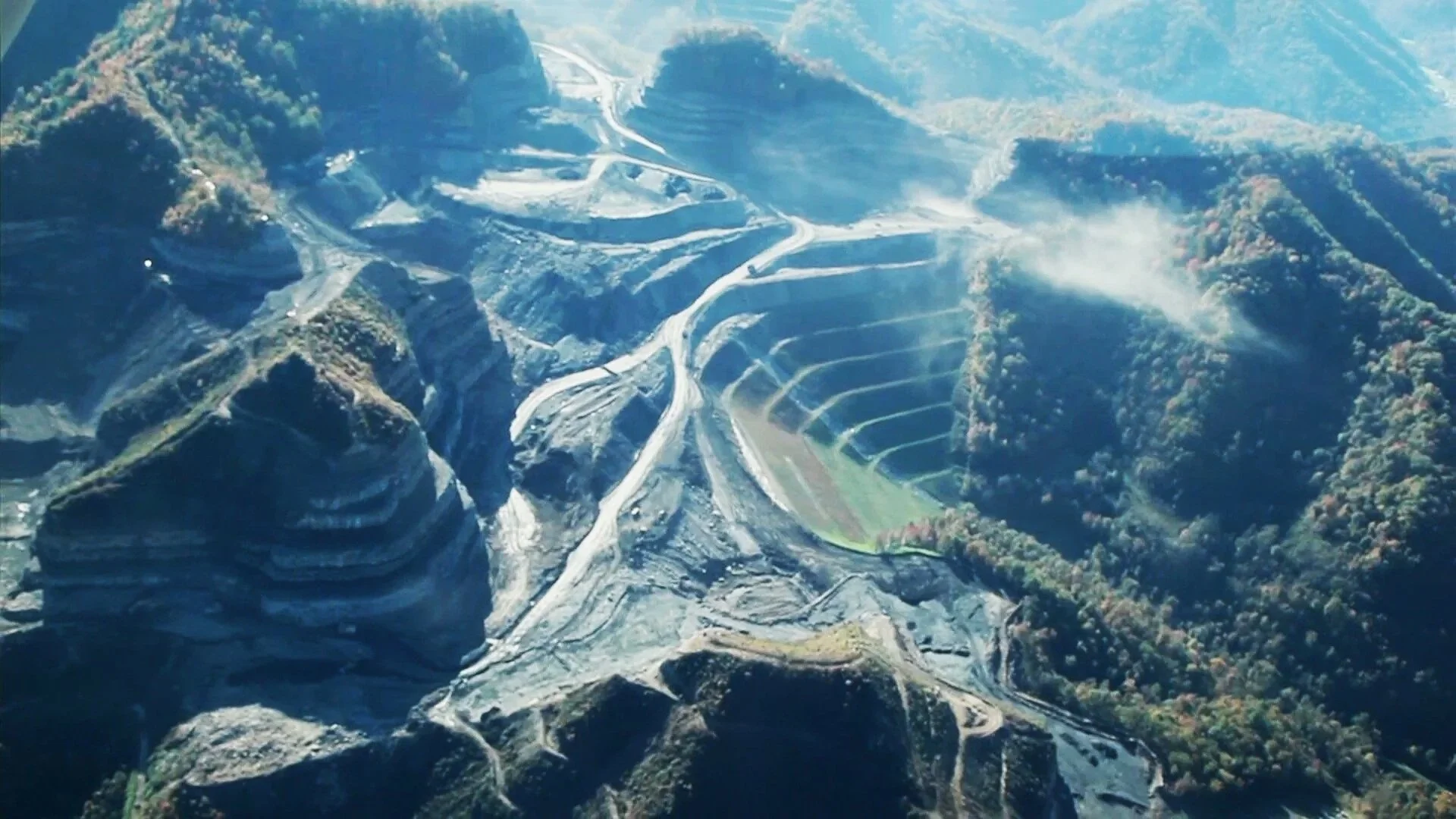"Running for the Mountains" trailer
“This sterling film could obviously breed cynicism about our corrupt politics; I hope, instead, it will push people toward activism, understanding that it’s the only way to stand up to Big Money.”
- Bill McKibben, Founder, 350.org
Photo Credit: Paul Corbit Brown
Running for the Mountains uncovers a story of dirty money and dirty politics - one that affects the entire nation.
Transcending party lines, this compelling documentary exposes the cautionary tale of the rough and tumble politics and reckless policies that dominate West Virginia, now being exported to the rest of the nation. The filmmakers’ 15 year investigation unveils the ties between extractive industries and West Virginia's politicians who place their personal profit over the health and well being of their constituents by subjecting their state to deadly toxic air, water and land.
“Running for the Mountains” questions West Virginia’s saga of patriotic sacrifice, while delivering surprising undercover scenes that make clear who these politicians are serving and who pays the cost of these devastating priorities. The policies of this one deregulated state affect us all.
LLOYD KOMESAR, Executive Director (ret. 2024) of the Middlebury New Filmmakers Festival.
Reviews
Overly Honest Reviews
“ The film’s indictment isn’t personal—it’s structural. But the through-line is unmistakable: greed cloaked in civic pride is still greed…The camera listens before it condemns, which makes the eventual condemnation all the more earned. Those lived moments, where courage looks ordinary, gives RUNNING FOR THE MOUNTAINS its soul.”
KPFK Film Club Review
“ “RUNNING FOR THE MOUNTAINS questions West Virginia’s saga of patriotic sacrifice (profit at the expense of health), while delivering surprising undercover scenes that make clear who these politicians are serving and who pays the cost of these devastating priorities.

In 2008, Northern California producers/directors Julie Eisenberg and Babette Hogan determined that they would tell a political story about America.
Their travels landed them all the way across the country in West Virginia, where environmental and political activists battled to save their state from destruction at the hands of the extractive industries. While depicting the environmental toll on the state’s people, land, water and air, they discovered a bigger story about how one small state has a huge impact on the energy policies of the entire United States.









